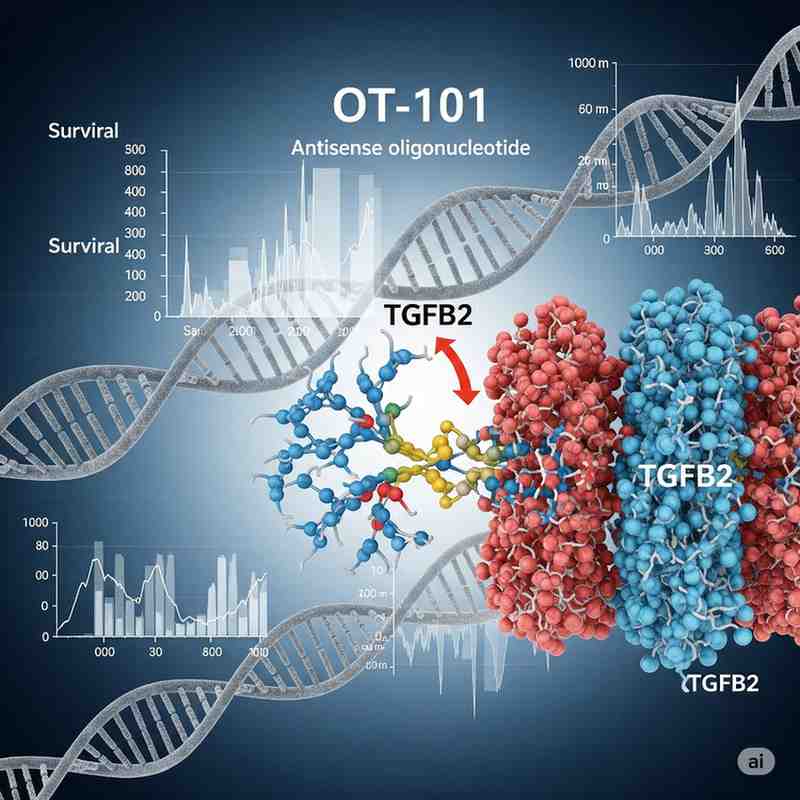
Sapu Biosciences, a subsidiary of GMP Biotechnology Limited, has partnered with Oncotelic Therapeutics to publish groundbreaking research that could change how pancreatic cancer is treated especially for younger patients.
Their study, published in the International Journal of Molecular Sciences, focuses on a protein called TGFB2 and how its levels and gene activity (known as methylation) can predict survival in people with pancreatic ductal adenocarcinoma (PDAC), one of the deadliest forms of cancer.
Key Takeaways:
Patients under 65 with high TGFB2 expression had much lower survival rates (17.9 months) compared to those with low levels (66.9 months).
Interestingly, high TGFB2 methylation (a process that usually silences gene activity) was linked to better survival in younger patients—again, 66.9 months versus just 17.9 months for those with low methylation.
A treatment called OT-101, which targets TGFB2, showed promising results in improving survival for younger PDAC patients during clinical trials.
What Experts Are Saying:
Dr. Wasif Saif, one of the study’s authors and a leading expert at the Karmanos Cancer Institute, shared:
“These findings help doctors better design treatment plans tailored to a patient’s age. TGFB2 is a promising target, especially for younger pancreatic cancer patients who often face more aggressive disease.”
He added that the results support the need for more clinical trials focused on TGFB2 and called it a hopeful step toward improving outcomes for this high-risk group.
Request a customized case study tailored to your business needs and gain deeper insights into healthcare market strategies: sales@towardshealthcare.com







